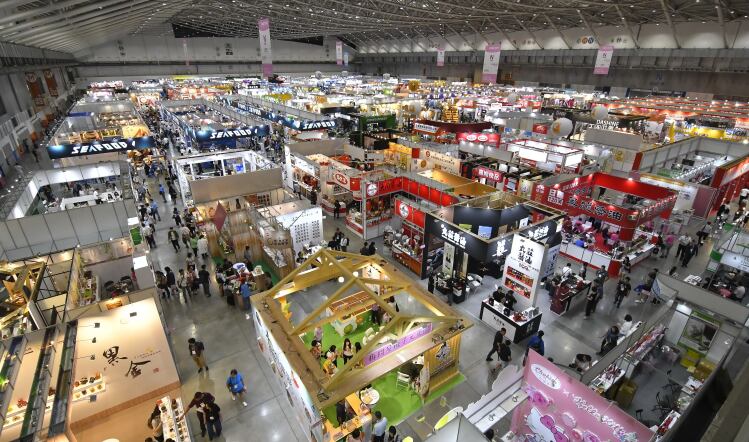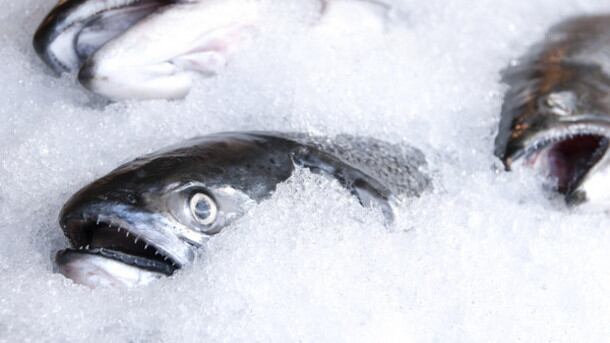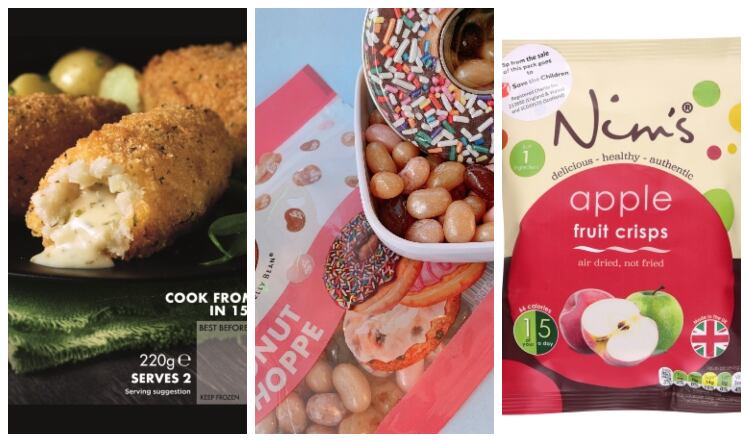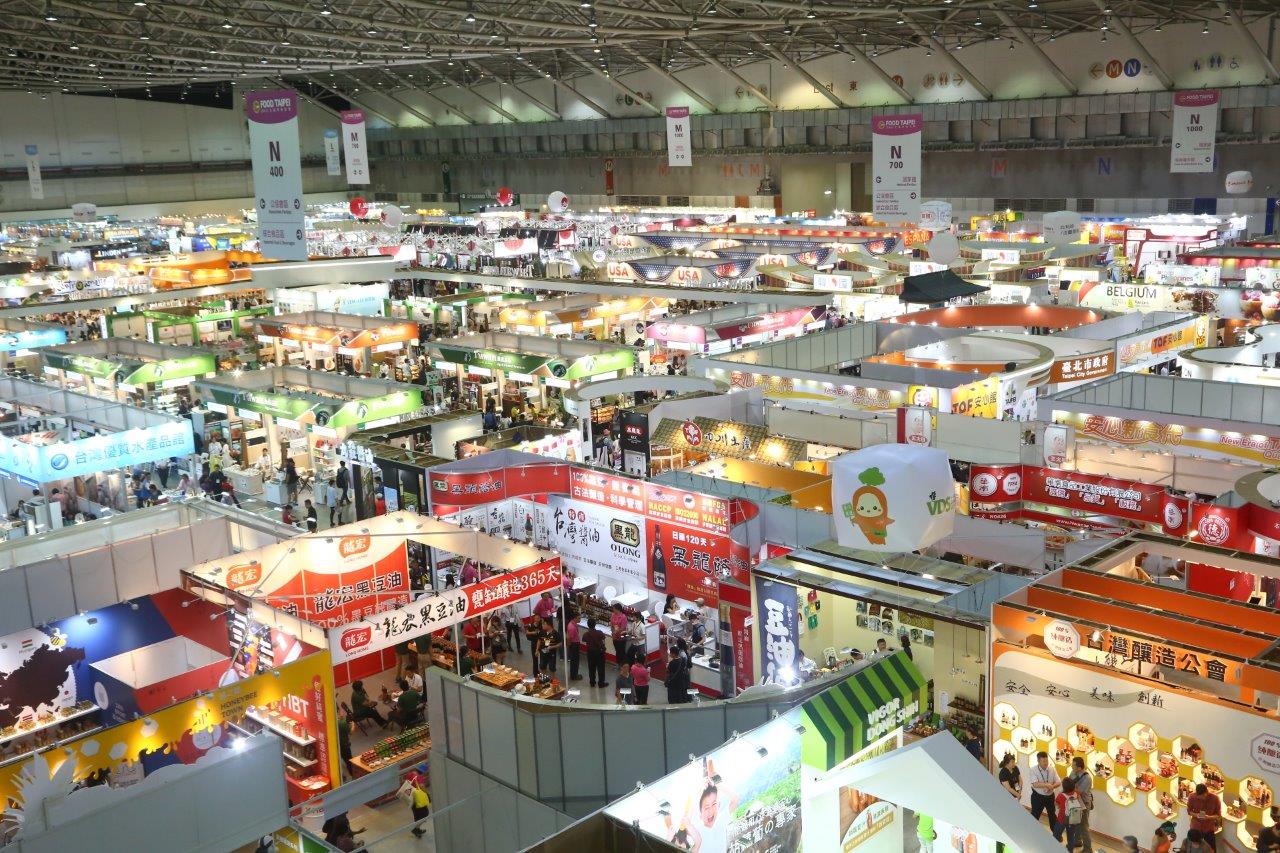French cuisine and the semi-conductor industry hardly seem the most likely bedfellows – but for entrepreneur Mandy Huang, they’re a match made in heaven.
“I’ve combined my experience of working with semi-conductors and my time at Le Cordon Bleu Paris to become a baker with a difference,” enthuses Huang. “Manufacturing semi-conductors is a very precise science, and I’ve applied those principles to create a healthy ‘wafer’-style granola that holds together despite not containing any butter.”
As founder and chairwoman of Choice Delights, Huang was one of many food industry innovators showcasing their talents at this year’s Food Taipei, one of Asia’s biggest food trade shows. Supported by pavilions from 34 other countries, the exhibition in June featured the best of what the island nation has to offer – and Food Manufacture was on hand to witness some of the highlights.
Looking around the show’s 4,800 stands, it quickly became apparent that exhibitors embraced both Oriental and Western tastes. Packets of dry noodles sat comfortably beside artisan bread, while more familiar blends of black and green tea shared stand space with the less widely known Taiwanese bubble variety.
For Huang, innovation in the region is constant, while challenges around health and nutrition in particular are a global phenomenon. “Our granola is high in fibre and protein, and we use a number of superfoods such as quinoa,” she explains.
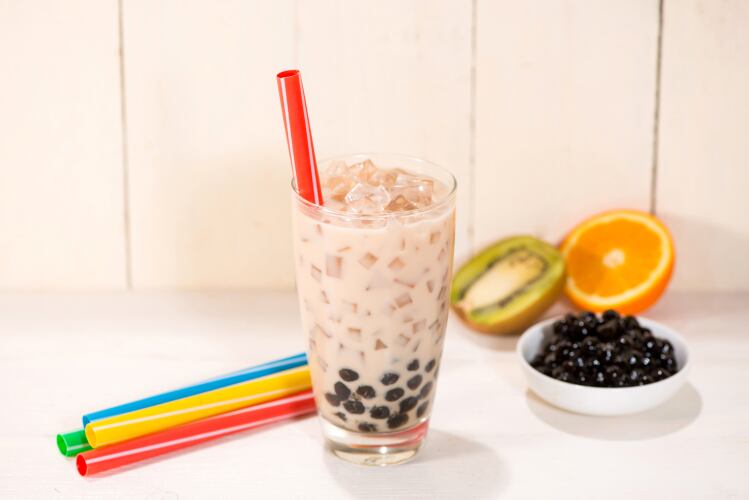
Exploring the potential of functional granola
Choice Delights works with nutritionists at the National Taiwan University, and Huang is exploring the potential of producing functional granola bars. “But even for our mainstream brands we include the likes of the grain Job’s-tears, which is known for its anti-inflammatory properties,” she adds.
Functional foods have also become a priority for I-Mei Foods, one of Taiwan’s best-known food and drink manufacturers. Its 2,000-strong product range includes biscuits, confectionery, ice bars, frozen cakes and beverages. “The US is our biggest overseas market, but we also export the likes of chocolate rolls and puff biscuit éclairs to the UK,” says Zoe Chen, of the firm’s international business division.
A big focus for I-Mei is the company’s ice popsicle range, which carries a number of functional properties, Chen explains. “Our chocolate variety contains inulin, a form of prebiotic. Others are fortified with vitamin D, vitamin C and collagen.”
Further healthy innovation comes in the form of freeze-dried fruit, promoted as “space food” on the stand, and a range of bubble teas. Also known as pearl milk tea, bubble tea is a relatively new invention, having emerged in Taiwan in the 1970s. Aside from the tea itself, its main element is tapioca pearls – essentially, starch extracted from the cassava root. The pearls are tasteless, so sugar and syrup are added to the milk.
Meanwhile, popping boba – balls of syrup or fruit juice that burst when you bite into them – has emerged as both a variant of the drink and an addition to other sweet products.
A spokeswoman for Sunny Syrup, which manufactures tapioca pearls and popping boba in a wide range of formats, says: “You can add popping boba to fruit salad, jelly or yogurt. A more recent development is jelly balls made from agar, giving them a chewier consistency.”
A hit in China
Bubble tea isn’t the only type of beverage Taiwan is getting a name for. Sitting within the baijiu family of spirits, kaoliang is a clear liquor made from fermented sorghum. It is best known and widely drunk throughout China.
Produced on the Taiwan-administered Kinmen County islands, which sit a few miles east of mainland China, Kinmen Kaoliang Liquor’s (KKL’s) two leading brands are 38% and 58% alcohol by volume.
“It’s traditionally consumed by older people, so we have started to adapt our marketing and packaging to make our brand appeal more to younger generations,” says Beckhan Fu, sales rep for KKL. “To coincide with the show, we are running a pop-up bar in Taipei for two months, where there will be a variety of cocktails to try.”
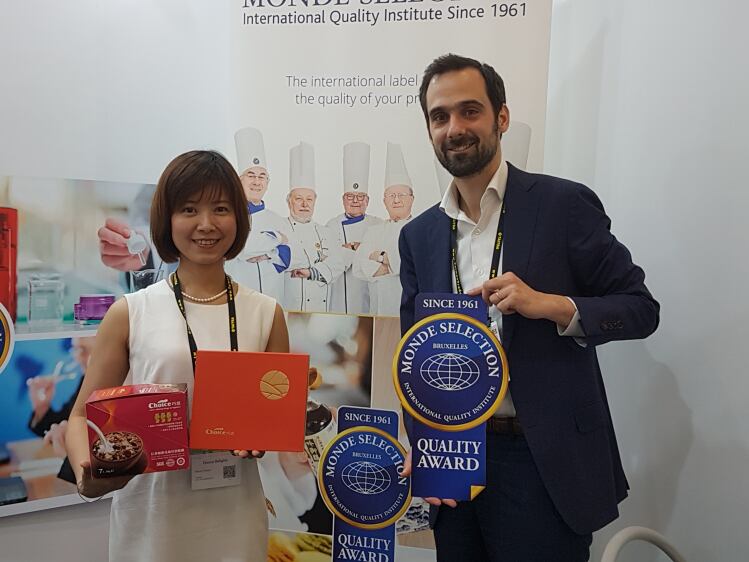
Another Taiwanese spirits maker looking to broaden its appeal is the state-owned Taiwan Tobacco and Liquor Corporation. In addition to kaoliang, the company makes a range of alcoholic drinks, including lager, brandy and whisky. Its flagship whisky brand is the Omar single malt, launched in 2015. Matured in highly sought-after sherry casks, the whisky uses malt imported from Scotland.
While Taiwanese businesses lead the way at the show, the 34 overseas pavilions – which included the US, Japan and, for the first time, the UK – took up significant exhibition space.
Highlights from Japan
Highlights among the 140 suppliers at the Japanese pavilion included Tukunaka Co’s dried scallops and seafood, caught offshore from the island of Hokkaido, and Honop’s rice meals that are ready 15 minutes after hot water is added.
The US pavilion this year included 21 exporters. Catching the eye was a coffee cultivated on the main island of Hawaii. Known as one of the world’s most expensive coffees, Kona’s intense flavour is due to the island’s rich volcanic soil and ideal growing climate.
Meat was in abundance at the Spanish pavilion, with five pork producers represented by trade body Interporc. In 2018, Spain exported more than 250,000t of pork overseas, with €47.5m (£41.75m) of pork products sold to Taiwan.
Meanwhile, Nottingham-based wholesaler The Health Store was at the UK pavilion to talk about its comprehensive portfolio, which includes the likes of Doves Farm, Green & Black’s, Quorn, Vita Coco, Montezuma’s and Clipper Teas.
The UK’s debut appearance represents a potentially significant step for businesses looking to grow exports in south-east Asia after Brexit. UK manufacturers interested in next year’s show should contact the Taiwan External Trade Development Council (see box).
Doing business in Taiwan
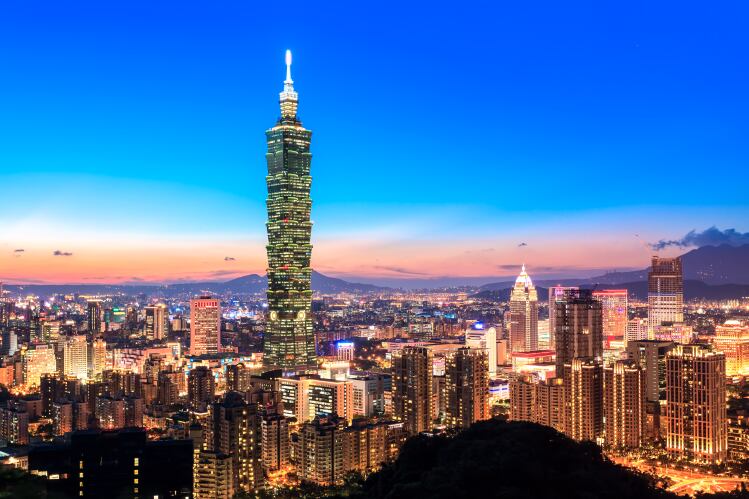
The first port of call for any UK manufacturer or wholesaler interested in buying or selling in Taiwan should be the Taiwan External Trade Development Council (Taitra).
Through its UK office, based near London’s Liverpool Street Station, Taitra offers assistance to UK companies interested in doing business in Taiwan across a number of industries.
In the run-up to this year’s Food Taipei, Taitra had available a limited number of subsidies for eligible UK buyer companies to attend. At the show, it was able to arrange network meetings with Taiwanese suppliers.
Contact London@taitra.org.tw or visit en.taitra.org.tw to enquire about procurement meetings and travel subsidies, or ask further questions about the Taiwanese market.

